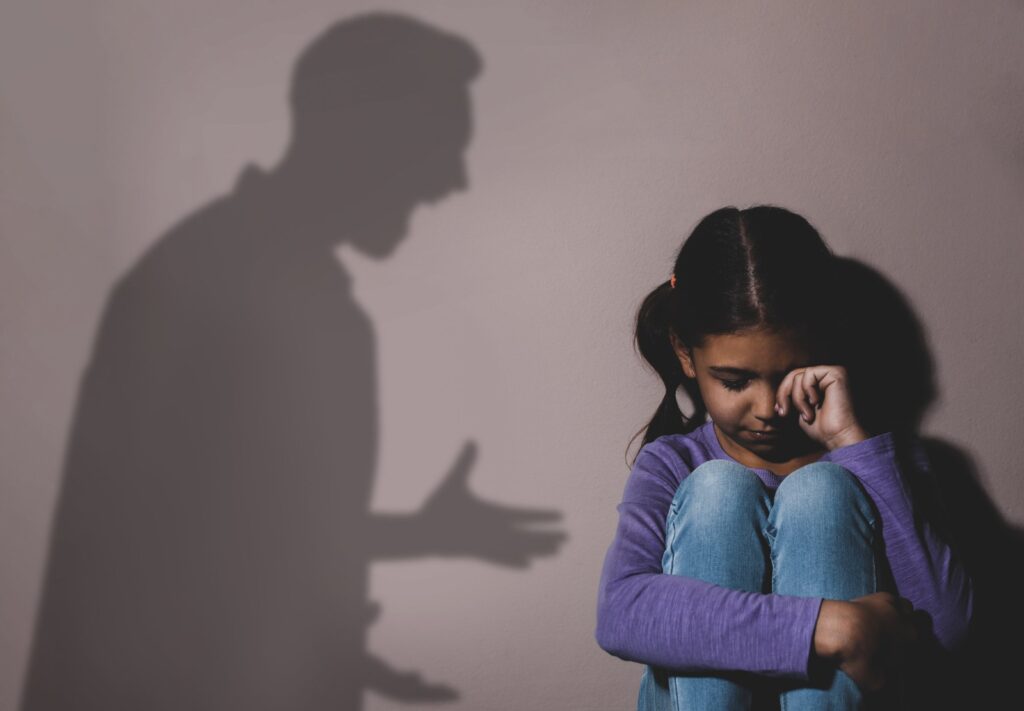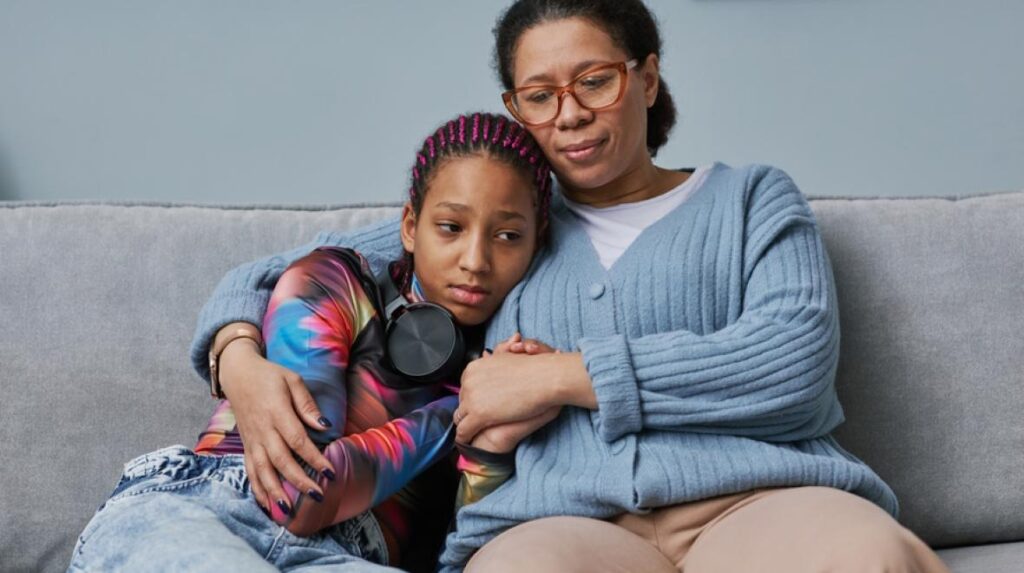
How to heal after an abusive relationship
By Dr Crosby S.
Healing from the aftermath of an abusive relationship is a journey that requires courage, self-reflection, and support. Recognizing the signs of abuse, seeking help from loved ones and professionals, and prioritizing self-care are essential steps in the healing process.
Recognizing the Signs of Abuse
Abuse can come in many forms, from physical to emotional and everything in between. It’s important to understand these different forms so you can recognize them early on in a relationship. Remember, abuse is never okay, no matter what shape it takes.
Understanding Different Forms of Abuse

Abuse isn’t just about physical harm. Emotional manipulation, verbal attacks, and controlling behavior are all forms of abuse that can be just as damaging. Educate yourself on the various ways abuse can manifest so you can spot it when it rears its ugly head.
Identifying Red Flags in a Relationship
Pay attention to warning signs early on in a relationship. Is your partner overly possessive? Do they try to isolate you from friends and family? These are red flags that shouldn’t be ignored. Trust your instincts and don’t brush off behavior that makes you uncomfortable.
Opening Up to Trusted Friends and Family

Talking about your experience with trusted friends and family can be incredibly cathartic. They can provide emotional support, perspective, and a listening ear when you need it most. Don’t be afraid to share your story and accept the love and understanding that comes your way.
Establishing Boundaries and Self-Care Practices
Setting boundaries and prioritizing self-care are crucial steps in rebuilding your sense of self-worth and agency. Take control of your well-being and pave the way for healthier relationships in the future.
Setting Healthy Boundaries for Future Relationships
Learn to recognize and assert your boundaries in relationships. Communicate your needs and expectations clearly and don’t compromise on what makes you feel safe and respected. Healthy boundaries are the foundation of any fulfilling and respectful connection.
Prioritizing Self-Care Activities and Wellness
Self-care isn’t selfish – it’s essential. Make time for activities that nourish your mind, body, and soul. Whether it’s practicing mindfulness, exercising, or indulging in your favorite hobbies, prioritize self-care as a non-negotiable part of your healing journey.
Processing and Healing from Trauma
Healing from the trauma of an abusive relationship takes time and patience. Be gentle with yourself as you navigate the emotional wounds and triggers that may arise along the way.
Addressing Emotional Wounds and Triggers
Trauma leaves scars that can run deep. Acknowledge your emotional wounds and allow yourself to feel and process your pain. Recognize your triggers and take steps to cope with them in healthy ways that promote healing and growth.
Challenging Negative Self-Talk and Beliefs
Living through an abusive relationship can leave you with a barrage of negative thoughts about yourself. It’s time to kick those thoughts to the curb! Challenge those self-doubts with kinder and more realistic beliefs. Remember, you are resilient and worthy of love and respect.
Celebrating Small Victories and Progress
Healing is not a linear journey. Celebrate the small victories along the way, whether it’s setting boundaries, practicing self-care, or simply getting through a tough day. Every step forward, no matter how small, is a win on the road to healing.
Discovering Strength and Resilience Within Yourself
Despite the pain of your past, remember that you are strong and resilient. Embrace the survivor within you and recognize the courage it takes to heal and grow beyond your experiences. You are capable of amazing transformation.
Setting Goals for Personal Development and Growth
As you embark on your healing journey, set goals for personal development that align with your values and aspirations. Whether it’s practicing self-compassion, pursuing new interests, or building healthy relationships, setting intentions can guide you towards a brighter future.
Healing from an abusive relationship is a challenging but transformative journey towards self-discovery and empowerment. By recognizing the signs of abuse, seeking support, and prioritizing self-care, you have taken the crucial steps towards healing and rebuilding a healthier future. Remember that healing is a nonlinear process, and it’s okay to seek help along the way. Embrace your resilience, believe in your worth, and continue to prioritize your well-being as you navigate this path towards healing and inner peace.